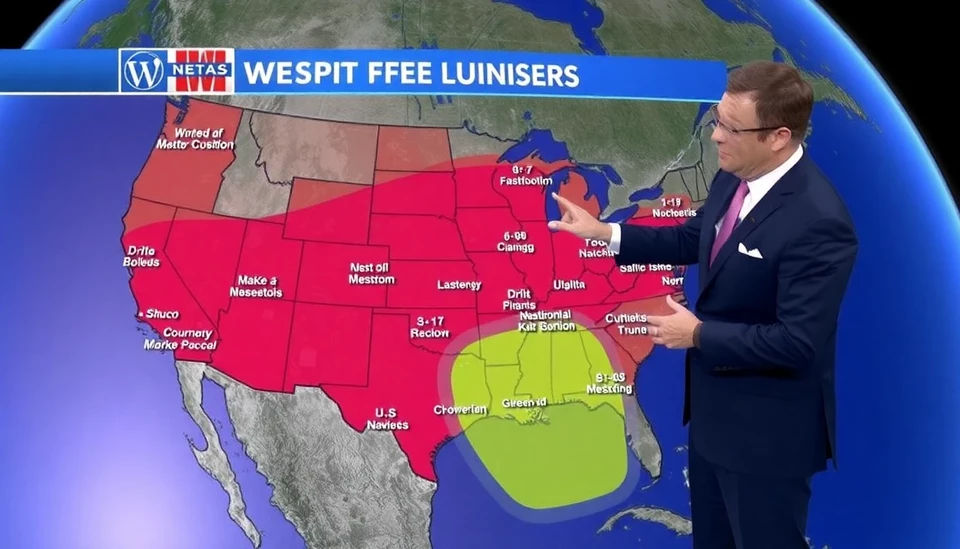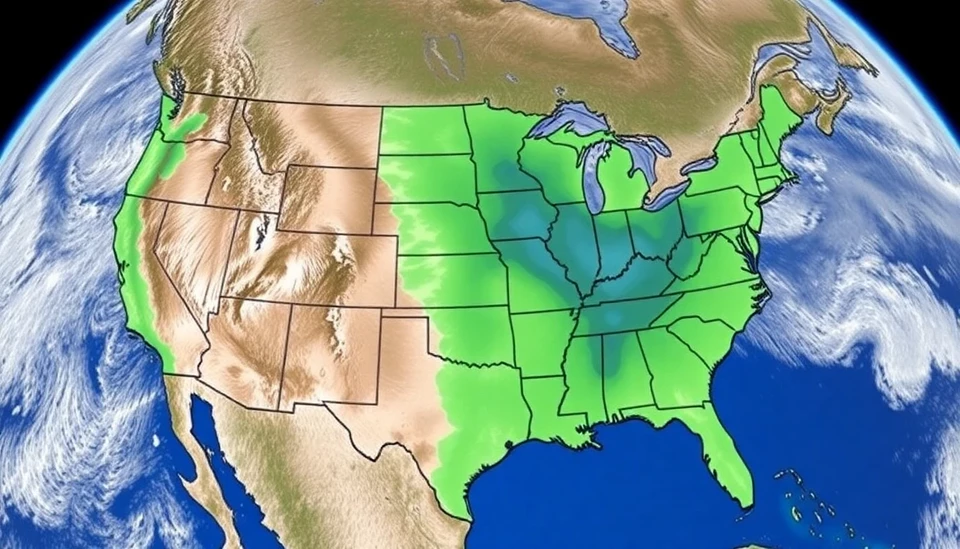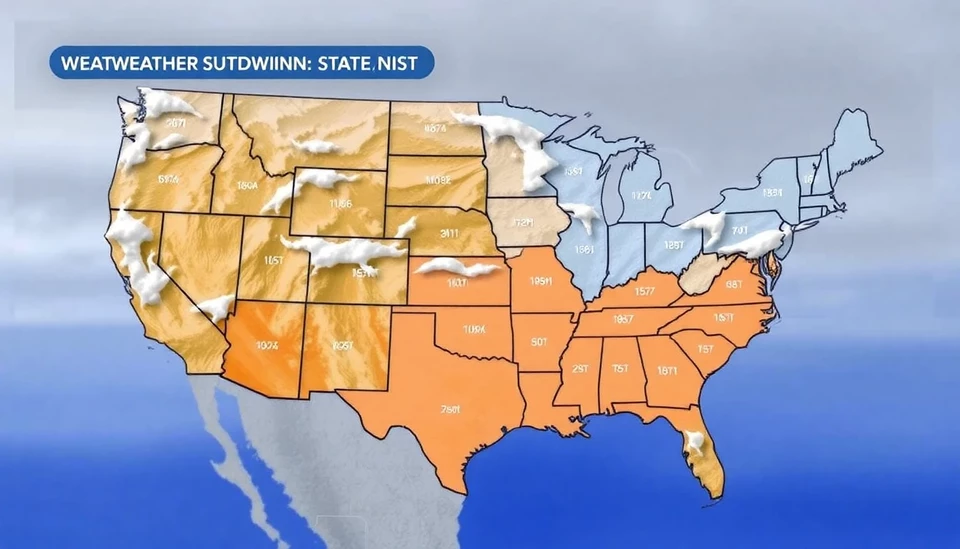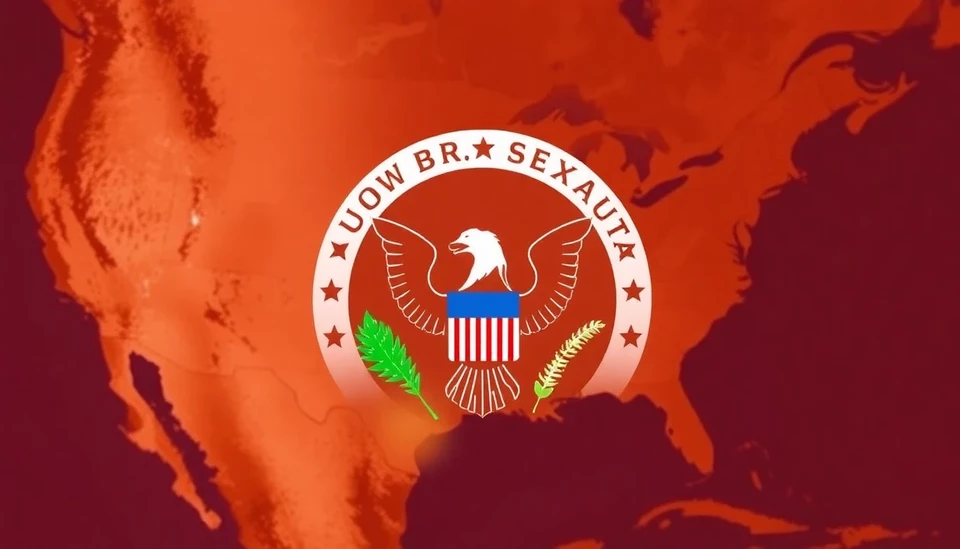
An alarming decision by the U.S. government could lead to the discontinuation of essential weather-related websites managed by the National Oceanic and Atmospheric Administration (NOAA). Notably, these websites are crucial not only for the general public but also for an array of industries heavily reliant on accurate weather forecasting and data analysis.
The NOAA's National Weather Service (NWS), recognized for providing critical weather updates, is facing significant reductions in funding. As a result of planned contract cuts, the agency has indicated possible changes that could significantly affect access to vital online resources. Among these are key informational platforms that serve millions daily, including those used for monitoring severe weather conditions and obtaining meteorological data.
This potential web shutdown comes at a time when climate change intensifies the frequency of extreme weather events. Experts and advocacy groups are urgently sounding the alarm about the repercussions that such actions could have on public safety and preparedness, particularly as the nation enters the peak of hurricane seasons and other weather-related crises.
With the proposed cuts under review, officials warn that if action is not taken to secure consistent funding, many of the NOAA's services may not be sustainable. This would not only impact direct weather information accessibility but could also hinder research and development efforts aimed at improving forecasting technologies. Many scientists and climatologists argue that without adequate resources, the depth of understanding necessary to combat the growing impacts of climate change may be compromised.
Potential partnerships and collaborations with private technology companies have been explored as alternatives to mitigate the effects of these budget cuts. However, the challenge lies in maintaining reliable and unrestricted access to weather information, which is considered a public good. Stakeholders fear that privatizing these services could lead to a paywall that restricts access to critical weather data.
The implications of losing access to NOAA's platforms extend beyond just inconvenience; they pose real threats to safety and preparedness across the U.S. Amid the ongoing conversation about funding and resource allocation, it is clear that the availability of precise and timely weather forecasts is non-negotiable when it comes to protecting lives and property.
Whether additional funding can be allocated or alternative solutions successfully implemented remains uncertain. As discussions move forward, the voice of the public and advocacy groups is expected to play a significant role in shaping the future of NOAA's online resources.
This situation continues to develop, with many hoping for a resolution that will ensure the survival of these essential weather services that not only inform but also protect communities across the country.
Stay tuned for updates as this story progresses. The ongoing dialogue around the funding and sustainability of public weather services will undoubtedly remain a hot topic of discussion among policymakers, experts, and citizens alike.
#NOAA #WeatherService #PublicSafety #ClimateChange #FundingCuts #WeatherForecast #Meteorology #HurricanePreparedness
Author: Peter Collins




